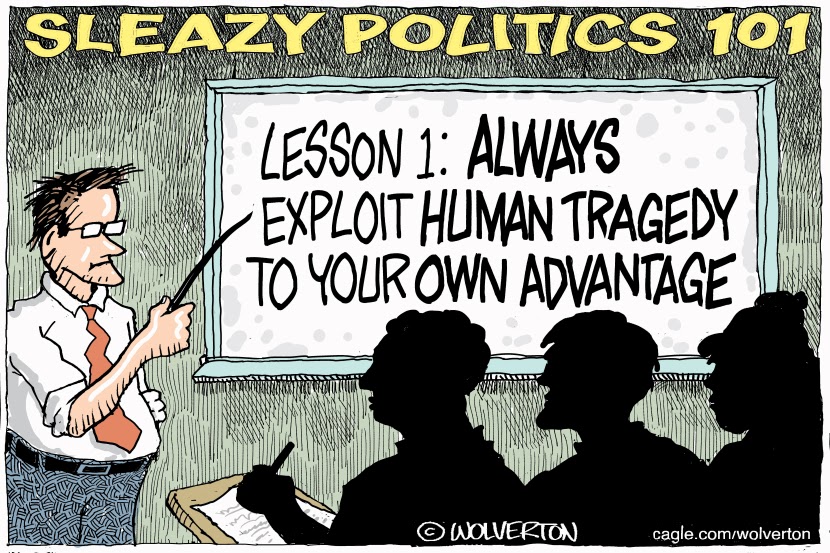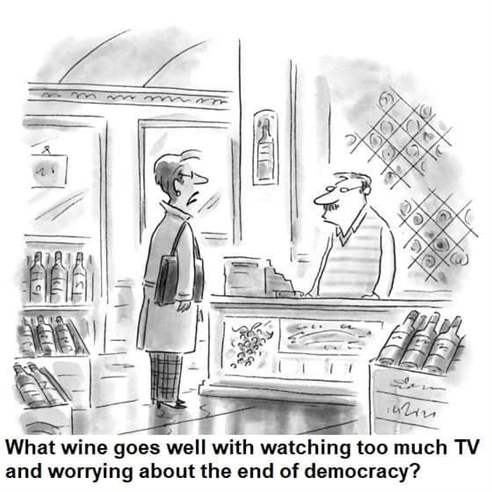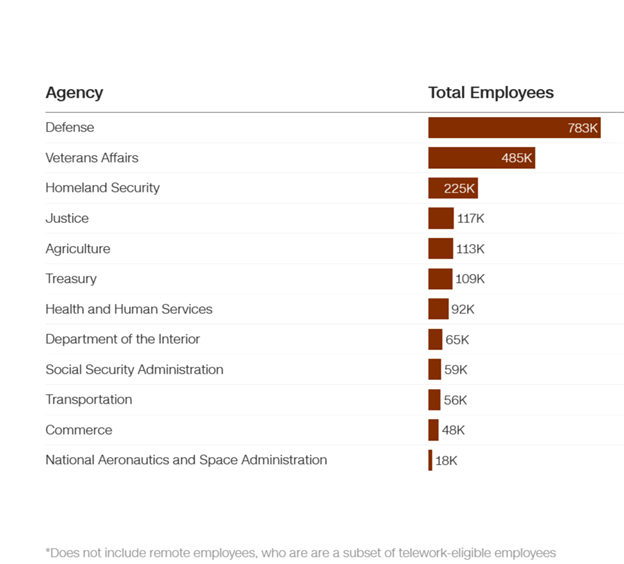The Daily Escape:

The Black Pearl, Outer Banks, NC – March 2025 photo by Jim Feaster
Several countries are reconsidering procurement of Lockheed’s F-35 fighter given Trump’s unreliability as a military partner. Many but not all, are NATO partners, like Germany, Canada and Portugal and Turkey. It seems clear that Trump doesn’t understand NATO is basically a captive export market for US war products!
“As the rift between the United States and the European Union continues to widen, German security experts are concerned that the Donald Trump administration could pull a “kill switch” on the F-35 Lightning II fighters that Germany is acquiring from the US. Shortly after Russia invaded Ukraine, Germany decided to procure 35 F-35 jets from the United States in March 2022, along with missiles and other armaments, for about 10 billion euros (US$10.89 billion).
A kill switch is typically believed to be a software-based backdoor mechanism which could be used by the supplier of a technology to disable or deteriorate the operation of a system, in this particular case, the F-35 stealth fighter jets.”
“Canada is actively looking at potential alternatives to the US-built F-35 stealth fighter and will hold conversations with rival aircraft makers, Defence Minister Bill Blair said late Friday, just hours after being reappointed to the post as part of Prime Minister Mark Carney’s new cabinet… The re-examination in this country is taking place amid the bruising political fight with the Trump administration over tariffs and threats from the American president to annex Canada by economic force….
There has been a groundswell of support among Canadians to kill the $19-billion purchase and find aircraft other than those manufactured and maintained in the United States.”
“Portugal is getting cold feet about replacing its US-made F-16 fighter jets with more modern F-35s because of Donald Trump — in one of the first examples of the US president undermining a potential lucrative arms deal.”
The country’s air force has recommended buying Lockheed Martin F-35s, but when outgoing Defense Minister was asked by Portuguese media Público whether the government would follow that recommendation, he replied:
“We cannot ignore the geopolitical environment in our choices. The recent position of the United States, in the context of NATO … must make us think about the best options, because the predictability of our allies is a greater asset to take into account.”
The ministry added a series of criteria that will be considered by Lisbon, including: “The geopolitical context” and “The extent of restrictions on the use of aircraft.”(Kill switch)
“Turkey has submitted a request to purchase 40 Typhoon fighter jets from BAE Systems….The request has been sent to the Ministry of Defense of the United Kingdom, which is to make a decision on the sale of the aircraft and the export of British technology to Turkey.
The implementation of this potential export contract will be entrusted to the United Kingdom, namely to BAE Systems.
In 2022, Turkey began to consider the Eurofighter Typhoon as a temporary solution to modernize its air force, especially after the country’s original exclusion from the F-35 program and the ban on their sale due to Turkey’s purchase of the Russian S-400 air defense system.”
The F-35 is a massive arms program that tied together the technological and military fortunes of the Global North and bound NATO to Northeast Asia and Australia. One of the key selling points of the aircraft is that it comes with the promise of US technological integration and US security support. Those things are now in jeopardy, even before Musk sinks his tentacles into the program.
There are already concerns about the US attaching “strings” to arms sales, even to our allies, and seeing the US disable certain capabilities of F-16s in Ukraine where Trump cut off intelligence and delivery of arms did nothing to encourage other nations to purchase our planes.
When US defense contractors develop new weapons, they game out how many orders they expect to receive, and over what time frame they can expect income from those sales. If they find out late in the game that the orders they expected are not going to come in, they may try to get the US DOD to pick up some of the development costs that would have been covered by late orders.
It will be curious to see the extent to which the kind of comments coming from the Portuguese, the Canadians and the Swiss (also claiming Trump an unreliable partner) show up in Wall Street analyst reports on Lockheed Martin and its many F-35 subcontractors.
Trump thinks he can force the world to do business on his terms. He’s going to impose tariffs on all countries and plans on easing tariffs on those countries that will do his bidding. “Play ball with me, and I’ll be nice to you. If you balk, you won’t be able to sell anything to me. I will isolate you, and the countries that play by my rules will isolate you and destroy your economy.”
He banks on having most countries accept his bullying as the cost of doing business with the US.
Wait until he finds out that countries have high quality options when it comes to buying weapons. It will take a generation to fix what Trump has destroyed in less than two months, starting with trust in America. They won’t want to vacation here, buy our products, or work with us because of one man who gets off on being a loud mouth and a bully.
It’s going to be a long four years.










